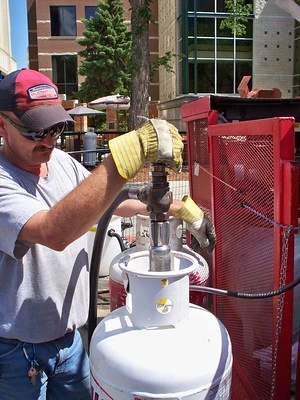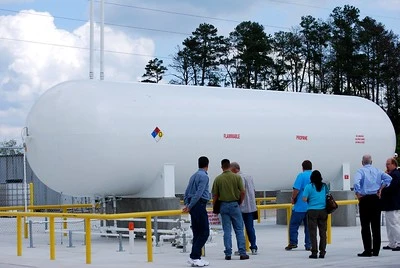Propane Smelling Like Kerosene? Discover Possible Causes
Propane is a type of gas commonly used for heating homes, cooking, and even fueling vehicles. Normally, propane doesn’t have any smell at all. However, a special odor, often described as a rotten egg or skunk-like smell, is added to propane so that leaks can be easily detected. But what if your propane starts to […]
Propane Smelling Like Kerosene? Discover Possible Causes Read More »










